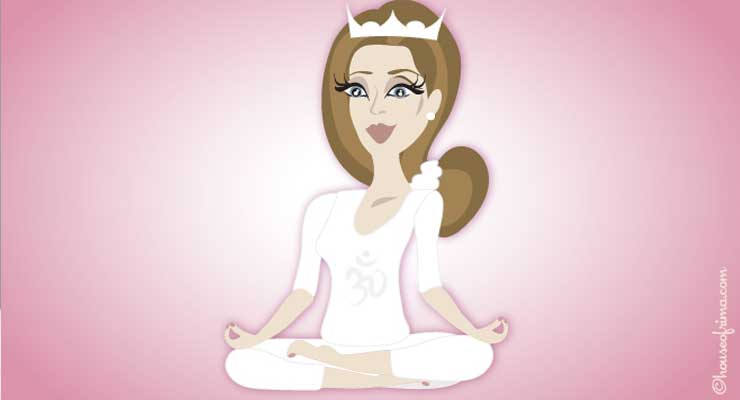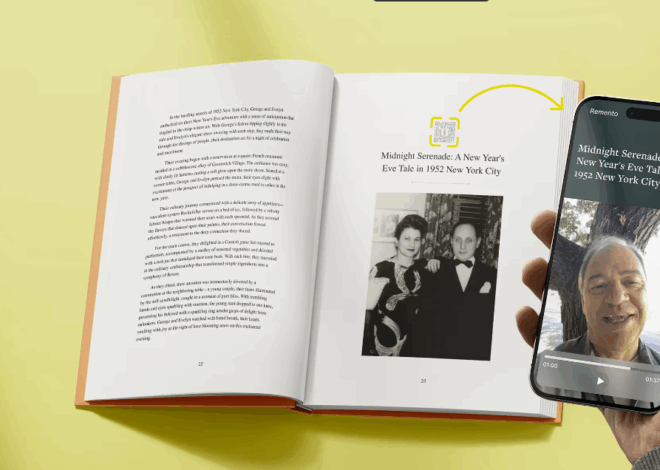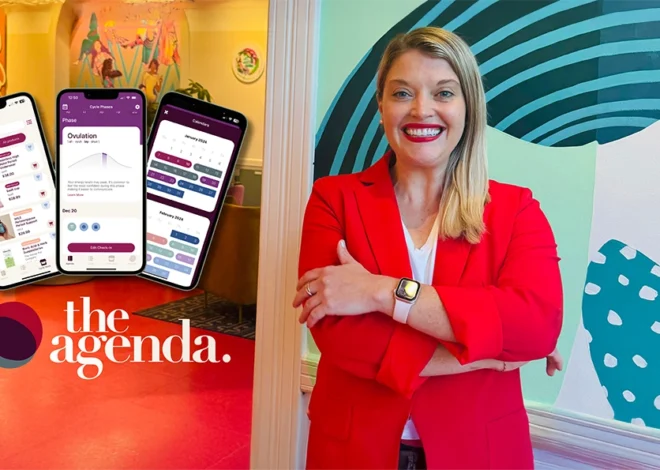The weak can never forgive. Forgiveness is the attribute of the strong. – Gandhi
What’s the worst thing anyone has ever done to you? Have you forgiven them yet? We’ve all had painful experiences that leave us feeling confused, angry and hurt – sometimes for years or a lifetime
Yes, it’s hard to forgive, but it might actually be harder not to: ongoing Stanford studies show a link between health and forgiveness Grudge-holders tend toward higher blood pressure, stress, depression, and difficulties in relationships; while people who forgive more easily have higher self-esteem, less pain and stress, greater happiness and better relationships.
Dr. Fred Luskin, Director of the Stanford Forgiveness Projects, says that forgiveness is a learned skill. It’s not about forgetting the pain or pretending it isn’t there. It’s about letting go. Forgiveness is a decision. You decide you’d rather not engage your energies in being angry and hurt anymore. That only tramples on your own life and happiness. So what if the person who hurt you never asks for forgiveness? Sure, it would be nice if they did, but don’t let that stop you from living your best life.
Most of us want to forgive, but it’s easier said than done. Just when I think I’ve forgiven, something triggers old feelings and I am surprised at the twinge of the past still there. Letting go doesn’t mean just once, but over and again. It comes in waves. With time and perspective, the ripples become gentler until we get to the place of actually wishing the forgivee well. That’s the alchemy of forgiveness – turning the bad to good. It’s a side effect of deep forgiveness that understanding and generosity begin to flow in how we perceive things, coloring our whole world with new shades of possibilities.
Forgiveness is not a wall one has to scale, but more an opening of the heart that stretches our capacity to live fully and unafraid. All human beings are capable of great good and terrible mistakes. It’s inevitable that hurts will come. But what is not inevitable is how we choose to handle those challenges.
Around the world, stories abound of people who transform tragedy into triumph through the power of forgiveness.
Amy Beihl, a 26-year-old Stanford graduate working on women’s rights in South Africa, was murdered by a mob in a riot. Her parents chose to create a foundation in her name to continue her work, and actually advocated for amnesty for the four men who had killed their daughter. In an incredible act of deep forgiveness, Amy’s family got to know the four men and their families. Two of those men now work for the Amy Beihl Foundation Trust providing educational programs to children in South Africa’s townships.
The Beihl’s inspiring example reminds us that no matter what life’s difficulties may be, we can all aspire to forgiveness.
Four Tips for Letting Go:
1. Recognize when you’re upset.
Accept your feelings – all of them. Don’t run from the pain, but try to gain perspective about what isn’t going right. It can help to talk with trusted friends. Anger pumps up your adrenaline. Try to use the energy positively by doing something physical like going for a walk, beating up a pillow, or dancing to an upbeat power song like “I Will Survive.” Allowing your emotions their physical release can help restore a sense of calm.
2 Whatever you concentrate on multiplies.
A negative experience can run the mind-loop a thousand times, but it’s far better to move past the past and create the emotional future you would like to have. When those negative vibes hit, bless the person with love, even if you’re still kind of hating him. And if you’re not there yet, declare that one day you would like to be. You are now one step closer to that reality. All learning takes time and the most worthwhile lessons often don’t come easy.
3. Practice mindfulness.
When we think about someone who did us wrong, our bodies go into the fight or flight response: high blood pressure, increased heart rate, and hurt angry feelings. Deep breathing exercises along with guided visualizations can help. Luskin suggests, “Picture someone we love and imagine our hearts opening.”
4. Forgiveness is a strength.
Be your own superhero. You have the power to forgive anywhere at any time. Forgiveness actually changes your life. By making the decision to forgive, you take control of your life again and gain the emotional freedom to leave behind past wounds and start living your own happiness.
So here’s to all of us moving forward in strength and forgiveness!
Ciao,
Princess Ivana





